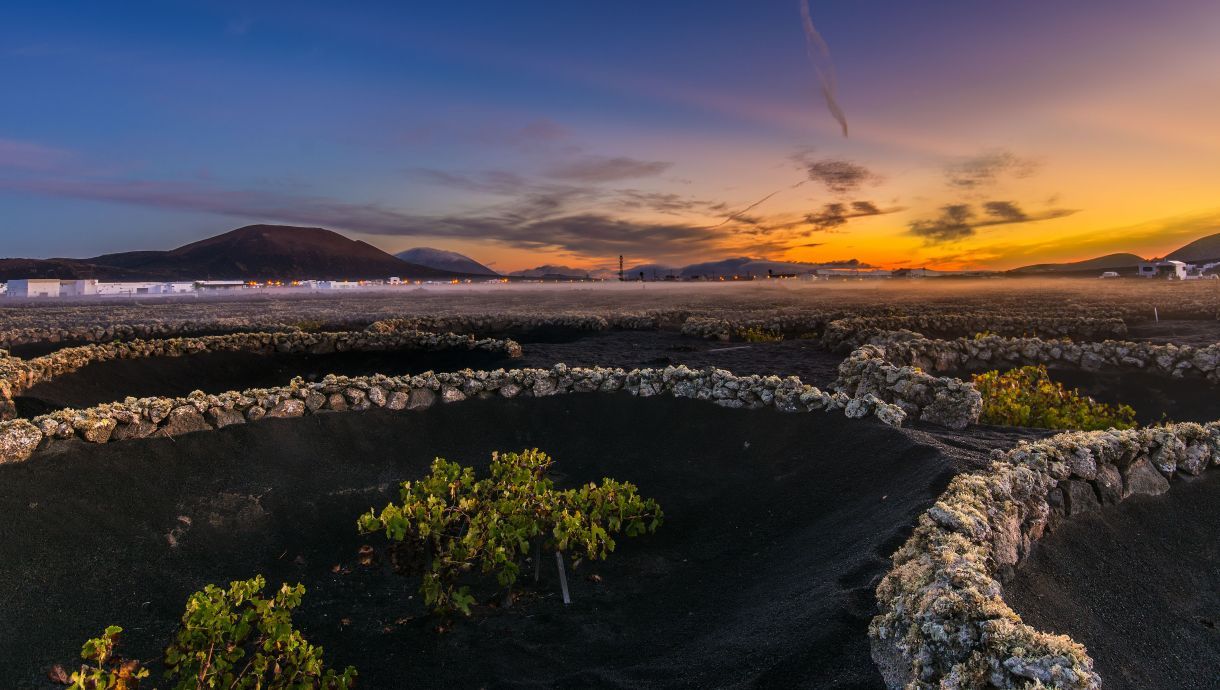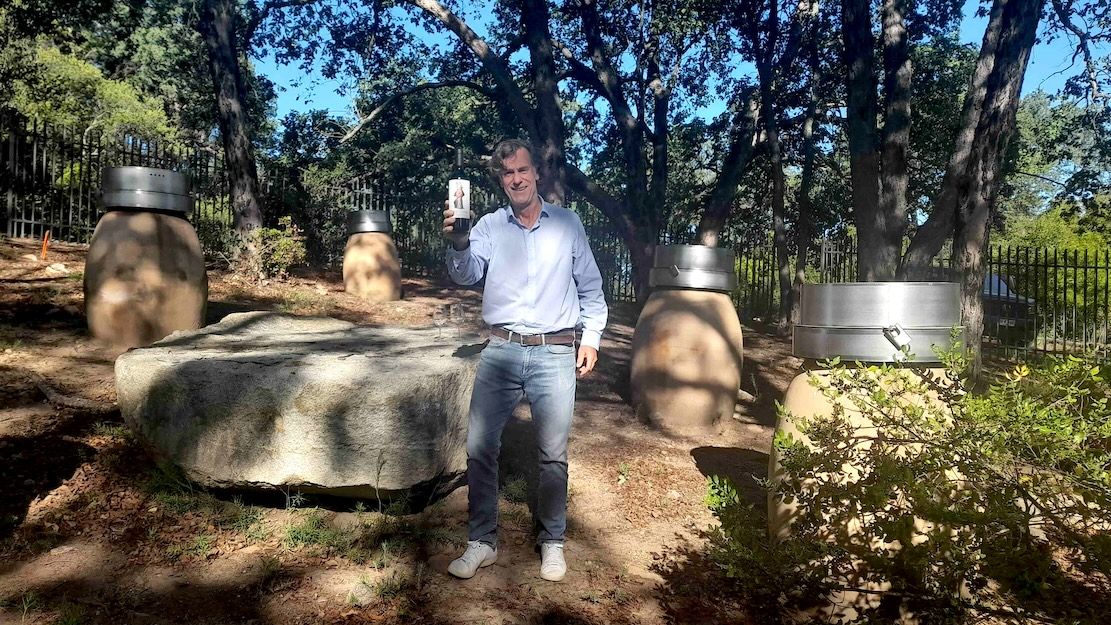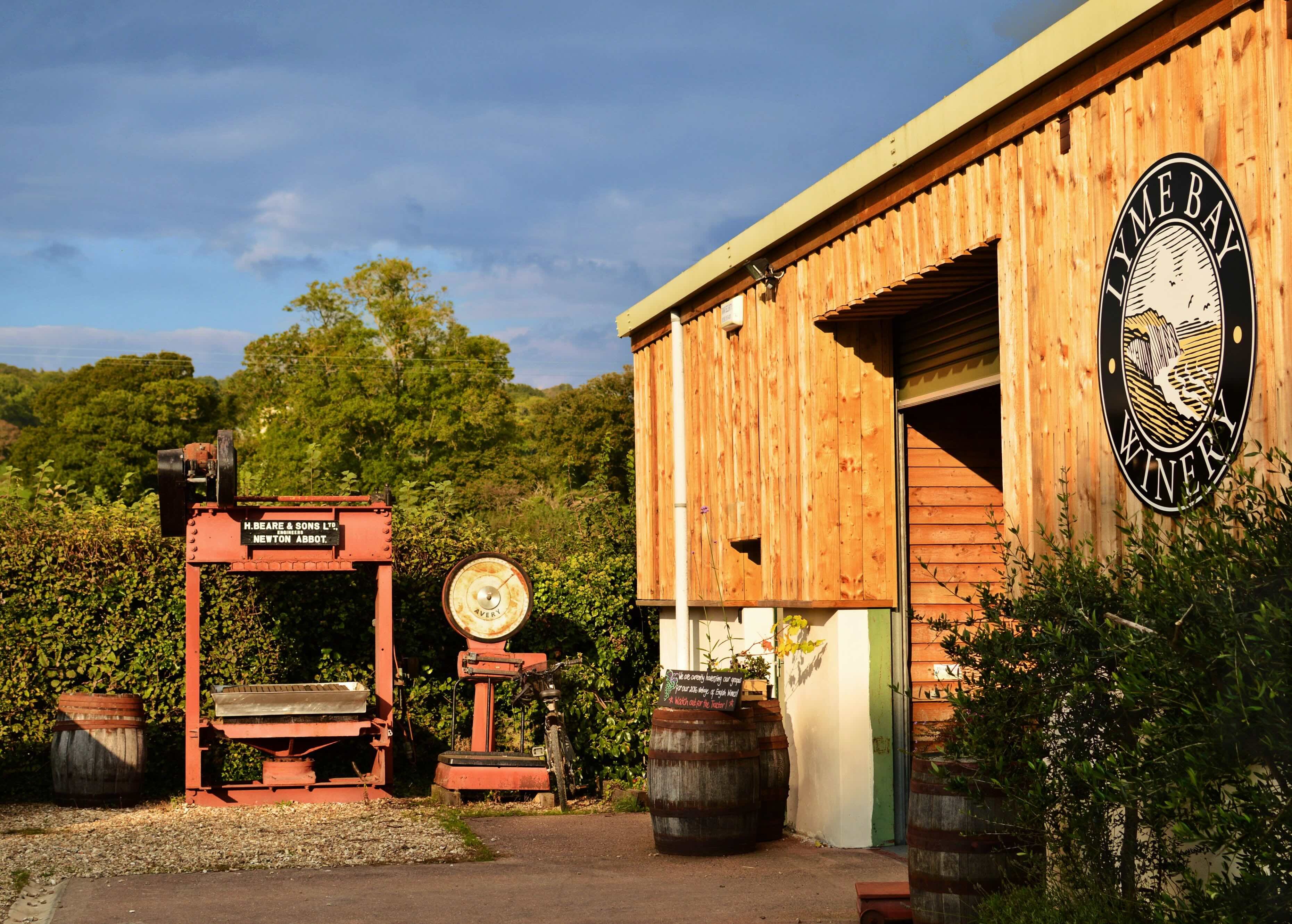“Viticulture is actually more important to Lanzarote than you might imagine,” says Horton, “I would actually say it is the lifeblood of the island.”
“Volcanic wines explode in Central France,” “Volcanic wines find a new audience thanks to their bold flavours,” “You’ll lava these wines” and “Huge eruption in interest in volcanic wines.”
OK, I made the last headline up but you get the gist: wines produced from volcanic soil are on a roll with consumer fascination growing faster than the molten magma from Iceland’s Fagradalsfjall volcano. In the on-trade, fuelled by John Szabo’s excellent book Volcanic Wines: Salt, Grit and Power and by the annual showing of volcanic wines at the Vinora wine show in Clermont Ferrand, which The Buyer reported on in Feb 2020. But also amongst consumers everywhere as ‘less obvious’ volcanic regions like Soave, Tokaj, Eger and Alsace increasingly shout their credentials alongside regions better known for their volcanoes, like Etna, Campania (Vesuvius), Santorini and Pico.
And whilst wine writers seem destined to argue forever about whether minerality in wine really is a demonstrable thing, we all seem to have made up our minds about the attributes acquired by grapes grown in volcanic soil, summed up in the title of Szabo’s book. And it really does seem that such wines are more exciting, tasty and desirable, as confirmed by a tasting of wines made from vines grown on the black volcanic soil of Lanzarote.
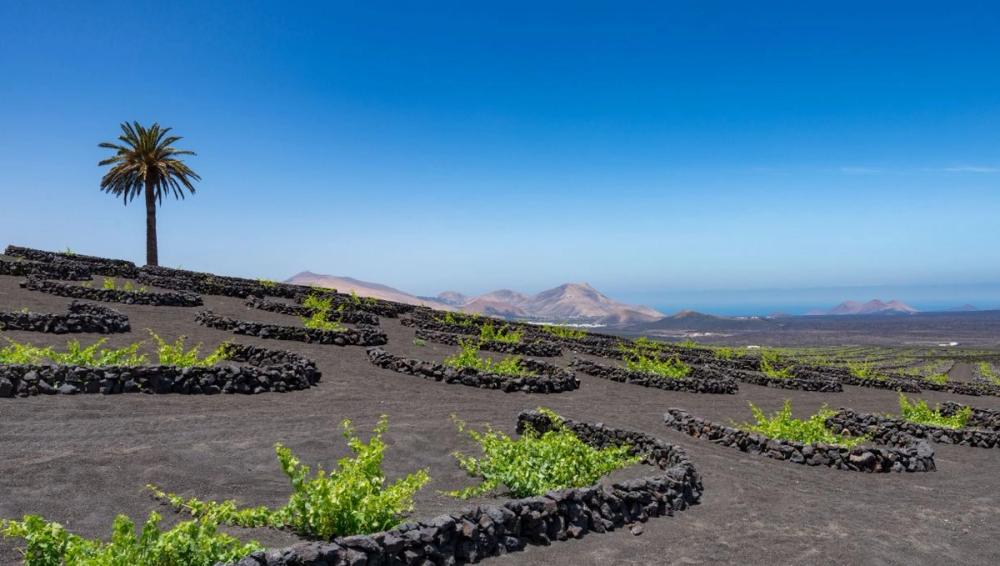
A Lanzarote wines specialist
Which makes it all the more strange that Lanzarote wines have not been readily available to buy in the UK, despite Brits being a large proportion of the three million annual visitors that the island typically received pre-pandemic. HN Wines imported El Grifo wines until a few years ago, but since then no-one has taken up the mantle. Until now.
A former investment manager, Ollie Horton quit the UK eight years ago and moved to Lanzarote to become… well, he wasn’t quite sure, although he’d clearly had enough of finance and the Big Smoke. He started out doing a little bit of everything from surf-coach, estate agent, tour operator, until he realised there really was something special in the island’s wines. So in 2017 he set up Wine Tours Lanzarote to show people what it had to offer, at the same time lending a hand with harvests and taking other steps to build relationships with local winemakers.

Ollie Horton
But with Covid 19 casting its grim shadow over tourism, wine tours had to be sidelined and Horton turned his hand at filling another gap in the market, the sale of Lanzarote wines abroad, especially to Brits and others who loved them whilst on holiday yet struggle to buy them back home. He launched Wine Shop Lanzarote to sell wine but also to do regular online tastings and virtual tours.
Viticulture is actually more important to Lanzarote than you might imagine, says Horton.
“I would actually say it is the lifeblood of the island, with 2000 working as viticulturalists and 2-300 employed directly in viticulture – out of a population of 150,000,” he says during a Zoom tasting attended by many of his customers, some of whom had clearly visited wineries with him in better times, and were reminiscing.
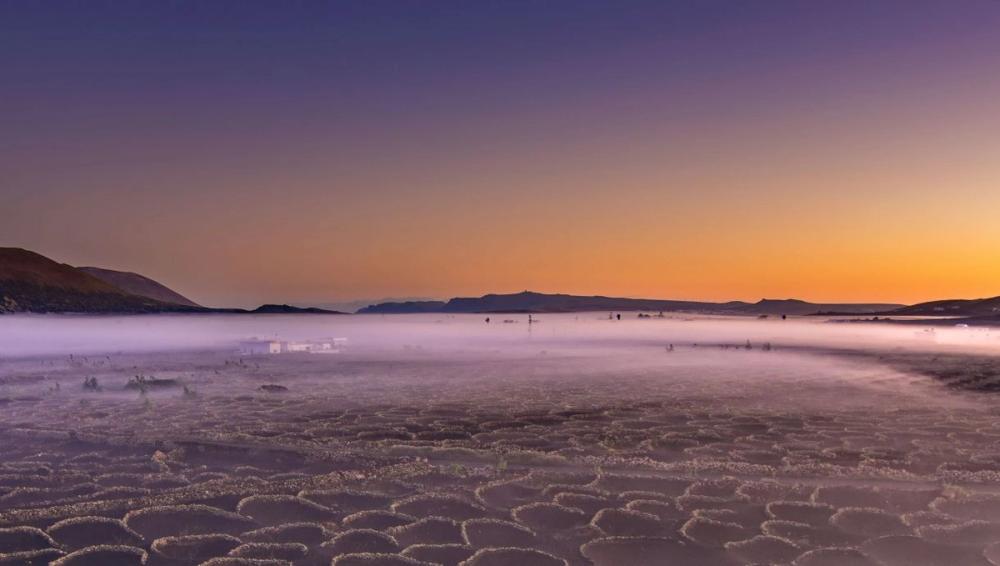
Otherworldly: each semi-circular wall (zocos) contain vines
Home now to 21 wineries (including El Grifo, founded in 1775 and one of Spain’s ten oldest) the island’s low yielding pre-phylloxera vines make around one million bottles a year, though most of this is drunk on the island. The attraction is not just the other-wordly tastes derived from making wine in a dark landscape which can quite literally look like the moon – and has ‘doubled up’ as such in numerous movies – but that this small place is home to five intriguing, ungrafted indigenous varieties, most notably red Listan Negro and white Malvasia Volcanica.
Quality is clearly on the up which is reflected in prices that aren’t cheap but are understandable given that everything is done by hand, including the picking of grapes from the island’s famous zocos, one of the two types of vine cultivation here. Reds, which have only been made in tiny quantity for the past 20 years, are on a particular roll.
“Since we launched, the list of DO wineries has grown from 14 to 21 with new artisan wineries setting up and doing different things, which is great to see. Meanwhile the three largest wineries, El Grifo, Bermejo, and Vega de Yuco (Yaiza) all have Canarian head winemakers in their 20s and 30s. The future here looks very bright,” he says.
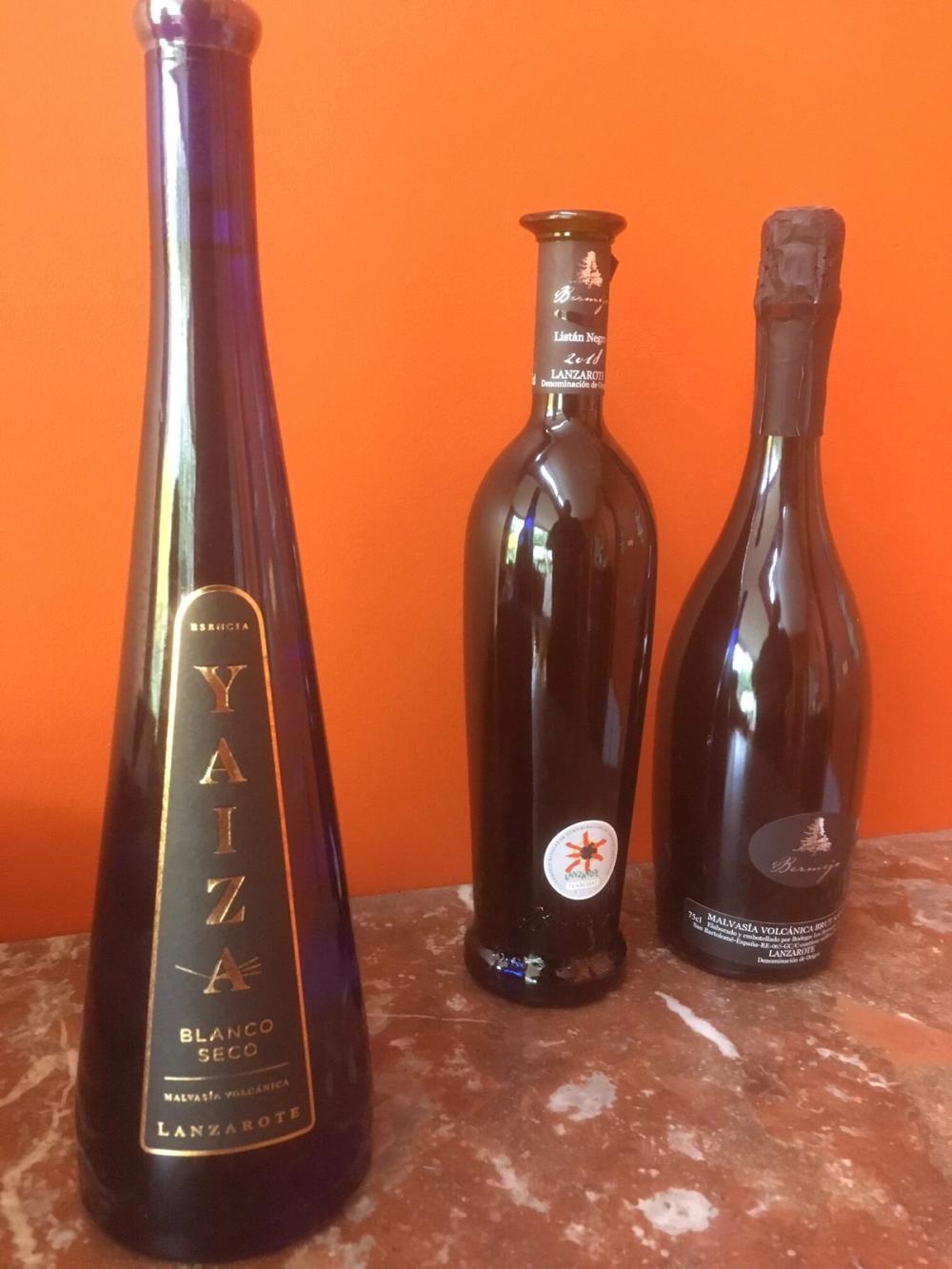
So how were the Lanzarote wines?
I tasted four, all very different but all very distinctive and high quality, suggesting this is an island for all palates.
Yaiza, 2020, Vega de Yuco
Produced from the Island’s star varietal Malvasia Volcánica, in a unique, attractively shaped blue bottle that you won’t want to throw away or recycle (my wife laid claim as soon as she saw it). It’s a prime example of the most popular style in Lanzarote, dry, crisp and fresh, with citrus, tropical and floral notes, all underlain with volcanic minerality and a touch of sea salt. The 2019 was an award winner and tasting the 2020 you can see why. Very evocative. 13% abv
Listan Negro, 2018, Bodega de Bermejos
Horton refers to the Island’s reds as “Lanzarote in a bottle”. This is an attractive and moreish medium-bodied blend of red and dark fruit with a distinct smokiness, reflecting four months of oak age, but mainly the volcanic soil. Listan Negro is native to Lanzarote and this is a great example. 13.5% abv
Brut Nature, NV, Bodega de Bermejos
This sparkling wine – produced in the traditional method – is made from 100% Malvasia Vulcanica with rich saline and savoury notes and a firm mousse. Well-made, it’s the least obviously “volcanic” of the wines reviewed here but has a weight and firmness of texture that shouts quality winemaking. 12% abv
Vulcano De Lanzarote, 2018, Bodega Vulcano
There’s not much of the variety Vjariego on the Island (it can also be found on the other Canary Islands and in Andalucia) but winemakers love it because it’s very distinct from Malvasia Volcanica. With good acidity and mineral undertones there’s a crisp freshness balanced out with barrel fermentation and lees aging, which rounds out the palate.
